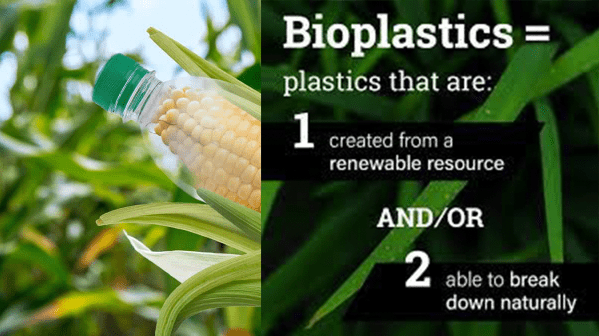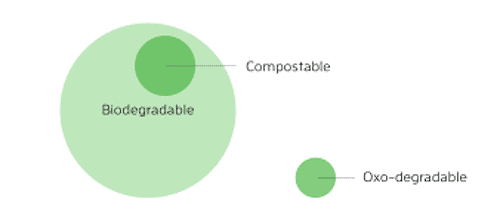How many cotton tote bags do you have shoved into closets and cabinets and your car trunk? If the answer is too many, but you’ve at least consoled yourself that you’re doing the planet good, bad news. In a piece for the New York Times on our “cotton tote crisis,” Grace Cook cites some disheartening stats: Cotton is a water-intensive crop, and offsetting the environmental impact of creating just one bag is a long road. Per a 2018 study out of Denmark, an organic cotton tote would need to be used 20,000 times to zero out the impact that its production had on the environment. “That equates to daily use for 54 years—for just one bag,” writes Cook. If you have more like 25 bags, that works out to a thousand-plus years.
And to add insult to injury, they’re really tough to recycle, in part because most compost facilities don’t accept textiles, and the scant amount of cotton that does make it to a treatment plant can’t be recycled if it features PVC-based logos, as many bags do. Cook dates the origins of the cotton-bag explosion to 2007 and a British designer and looks at how brands ranging from the New Yorker to the beauty brand Aesop have contributed to the problem. If this has you wondering whether plastic is actually the lesser evil, Cook definitely doesn’t go that far. “Lightweight plastic bags use greenhouse gas-emitting fossil fuels, never biodegrade, and clog up the oceans,” she cautions. The best bet might be skipping a bag altogether when possible. (Read her full piece for more.)
Source: Your Cotton Bag Isn’t Saving the Planet. Maybe the Opposite




Pura Vida Bioplastics = Real Certificates USDA BIO-BASED, TUV, BNQ, GREEN AMERICA Home Compostable – Breaks down 3-4 months without Chemicals
Get a Quote